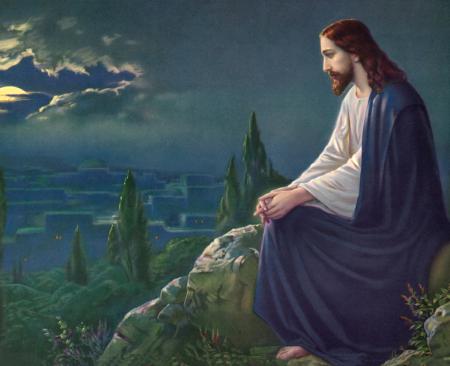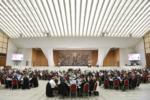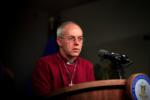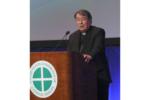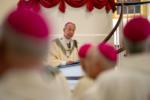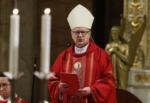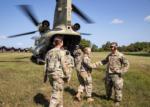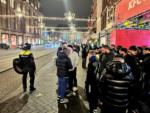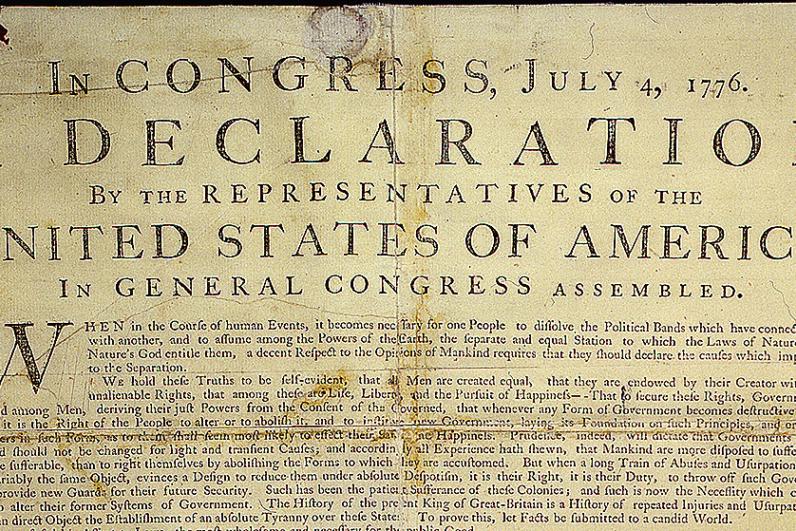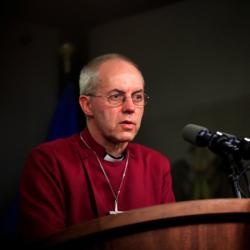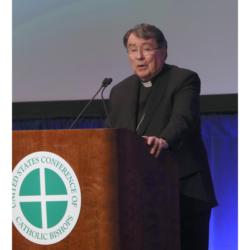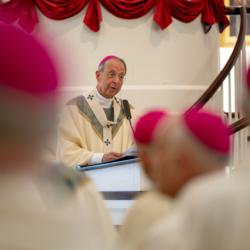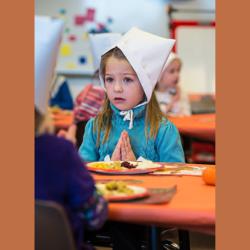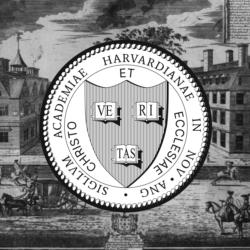The responsibilities of freedom
''Those who expect to reap the blessings of Freedom, must, like men, undergo the fatigue of supporting it.'' So opens Thomas Paine's "American Crisis Number IV."
"Crisis Number IV" intends to be both consoling and encouraging to the people of Philadelphia after Washington's defeat at Brandywine and the occupation of Philadelphia by General Howe and his troops. It was a low moment for the people of Philadelphia and our fledgling nation. Thomas Paine set out to show people that even in defeat lay opportunity and remind them that freedom takes sacrifice and effort. Ironically, freedom obligates one to "undergo the fatigue of supporting it."
Freedom is not free. It was borne from the wisdom of our forefathers and on the backs of those patriots who stood up for something larger than themselves. Many gave their lives and risked it all to create this great nation. Based on current polling data, it is safe to say most Americans are frustrated with our government, but few answer the call to engage and participate. Engaging in the work of the government serves a greater good than personal interest. It is our responsibility to teach the youth of today that the world is not just about them but that it takes sacrifice and effort to ensure the "blessings of Freedom."
As time passes, the events of the American Revolution seem far away. We observe and opine on the challenges in our country and seem to forget that we are this country. We are the government, and we are obligated to engage in our freedoms. It is not enough to sit back and make sure our family is set, and personal needs are being met. We must participate in this experiment, which is our Democratic Republic.
No institution in the world has done more to educate people, bring them out of poverty, and promote democracy than the Catholic Church. This should not be a surprise because our faith demands that "'You shall love your neighbor as yourself.' There is no other commandment greater than these." (Mark 12:30,31).
The Catechism of the Catholic Church (CCC 2239) also states, "It is the duty of citizens to contribute along with the civil authorities to the good of society in a spirit of truth, justice, solidarity, and freedom. The love and service of one's country follow from the duty of gratitude and belong to the order of charity."
Graduates of Catholic schools have higher levels of civic engagement than their peers. This continues to be an empirical fact, as evidenced by an August 2022 paper published by Hendrik Huning in Child Indicators Research: The Official Journal of the International Society for Child Indicators, where he noted the increased civic and community engagement of students educated in Catholic schools. Catholic education is vital not just for our church but for our community. More than ever, we need a generation of educated and engaged citizens who understand that good government requires thoughtful, moral, and accountable leadership.
As we celebrate this Independence Day, let it be a reminder to us all that we are obligated to be involved. We have a moral duty to care for our neighbors, and we are a government for the people, by the people, and based on Judeo-Christian values.
Catholic education continues to move people out of poverty and promotes democracy and service to one's country. Freedom is not free and requires an educated, moral, and engaged citizenry to flourish. Thanks to the supporters of the Catholic Schools Foundation, almost 4,000 students will become part of the solution to the challenges facing our great nation. Happy Fourth of July!
- Michael B. Reardon is executive director of the Catholic Schools Foundation, www.CSFBoston.org.
